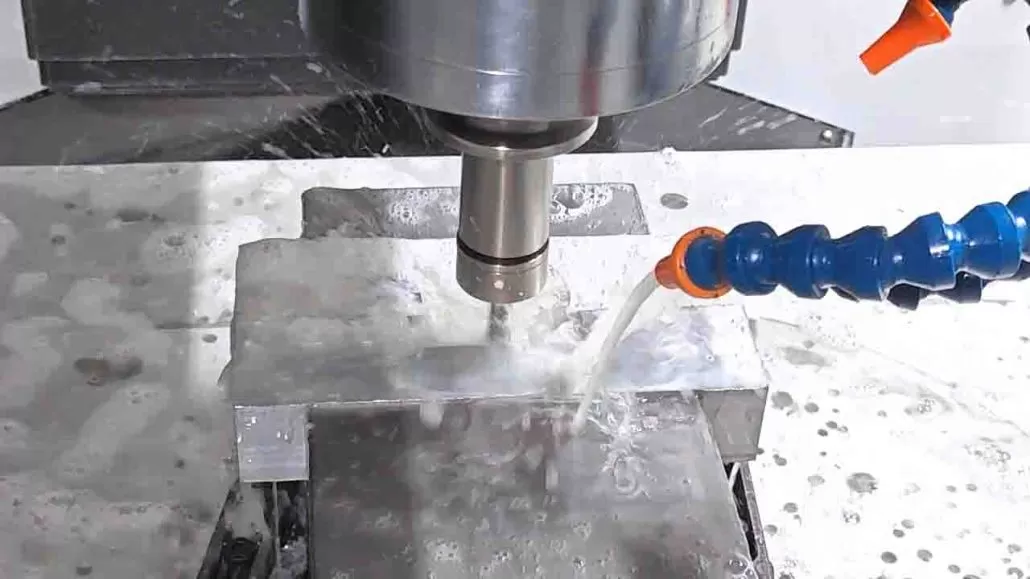CNC machining is a precise process used to manufacture parts to exact specifications. Tolerances are an important aspect of this process, as they determine the range of acceptable deviation from the desired dimensions of the part.
The tolerances of CNC machining parts vary depending on the specific requirements of the part, the materials used, and the capabilities of the machines being used. Generally, the tolerances of CNC machining parts can be classified into three categories:
Standard Tolerance
Standard tolerance is the most commonly used tolerance for CNC machining parts. The standard tolerance is usually around +/- 0.005 inches or 0.125mm. This tolerance level is suitable for most applications, and it ensures that the parts will function as intended.

Tight Tolerance
Tight tolerance is a higher level of tolerance that is required for parts that have more stringent requirements. The tight tolerance is usually around +/- 0.001 inches or 0.025mm. This level of tolerance is necessary for parts that require a high degree of accuracy, such as those used in aerospace or medical applications.
Loose Tolerance
Loose tolerance is a lower level of tolerance that is suitable for parts that do not require a high degree of precision. The loose tolerance is usually around +/- 0.010 inches or 0.25mm. This level of tolerance is used for parts that have less stringent requirements, such as those used in consumer products.
In conclusion, the tolerances of CNC machining parts are determined by the specific requirements of the part, the materials used, and the capabilities of the machines being used. Understanding the different levels of tolerance and their applications is essential for ensuring that the parts function as intended.

